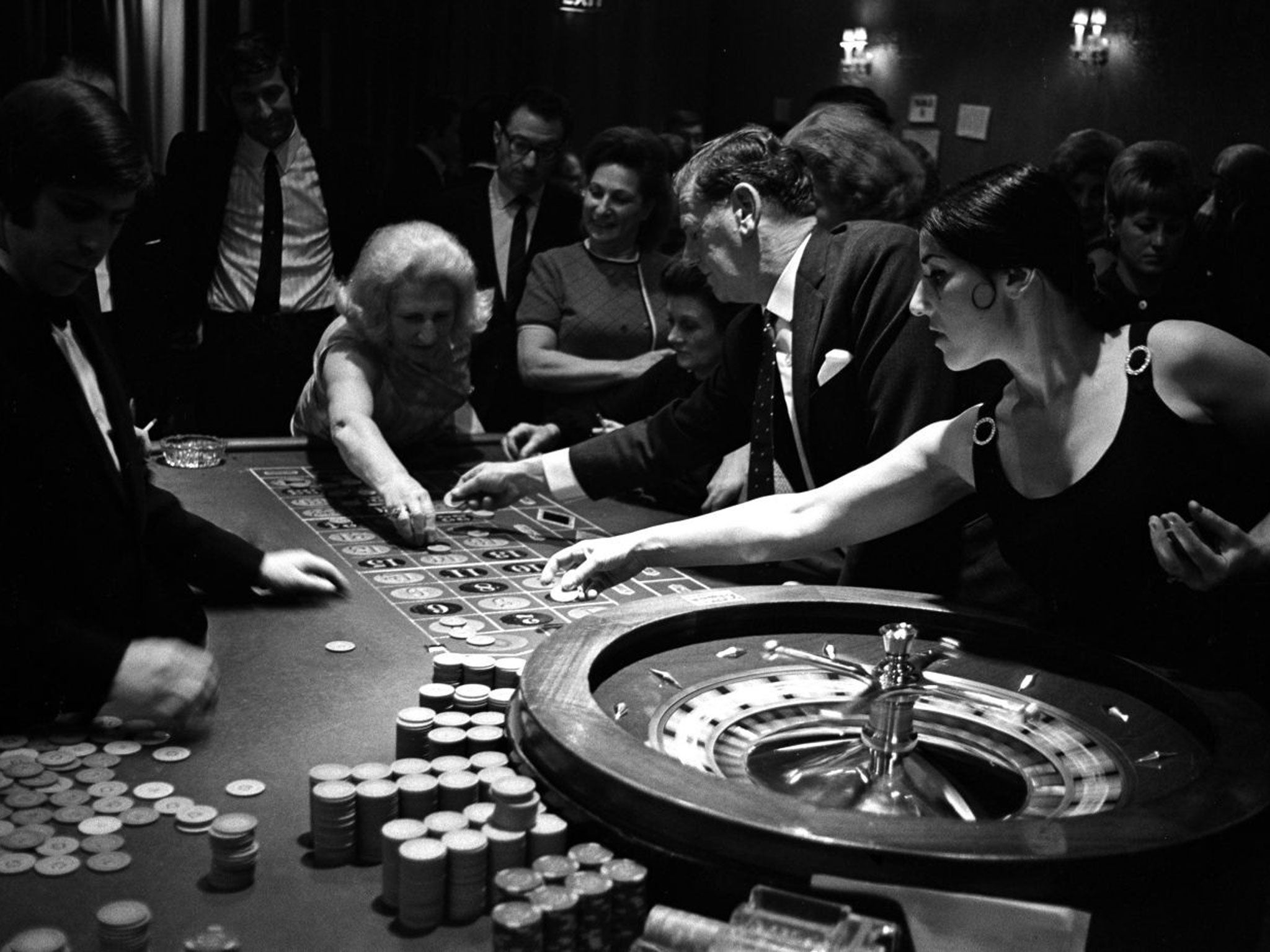Gambling is on the rise - so is enough being done to combat problem betting?
More and more of the 'AB' classes are joining the vulnerable in playing the odds, as Neasa MacErlean reports

The upper echelons of British society have passed another milestone, according to the Gambling Commission, which has just published its annual review. Gone are the days when the typical gambler was an unemployed man in a betting shop, or a low-paid woman going to bingo.
Most gamblers now belong to the "AB social-grade category [the most affluent among the population]", according to the Commission's recent report, Trends in Gambling Behaviour.
Looking back over the past six years, the researchers for the report found that ABs – such as doctors, lawyers and top managers – had shifted up "significantly" from 50 per cent of the gambling population, to just under 54 per cent in December.
"Gambling is only going to grow as a problem for the ABs," said Liz Karter, author of the book Women and Problem Gambling and an addiction therapist at Level Ground Therapy. Addressing how easy it is to gamble using smartphones or iPads, she added: "You have people who are highly stressed in very demanding jobs and who have access to a product which helps them, initially, to switch off." If they become addicted, however, their problems will multiply.
Smartphones are central to the increase in gambling among the social elite. Just over one in 10 (11.8 per cent) of ABs were remote gamblers in 2008 – and this had gone up to nearly one in five (18.7 per cent) by 2014, according to the Gambling Commission.
There are protection measures in place – ones that target more traditional gambling. From April, for example, all industry operators will have to carry out a risk profile of each area where they have outlets, identify vulnerable groups, and suggest ways in which they could be shielded. For instance, a betting shop by a school might delay its opening time until after the pupils have gone by.
Meanwhile the Gambling Act 2005 seeks to protect children and the vulnerable, such as people with mental health problems or the unemployed, from the dangers of gambling.
But Heather Wardle, of the Gambling & Place Research Hub at the data analyst Geofutures, said: "There has been very, very little consideration of how who should be considered as vulnerable."
Her organisation published a report yesterday for Westminster and Manchester City Councils – a first step on the road to producing gambling risk maps of local authority areas.
Get a free fractional share worth up to £100.
Capital at risk.
Terms and conditions apply.
ADVERTISEMENT
Get a free fractional share worth up to £100.
Capital at risk.
Terms and conditions apply.
ADVERTISEMENT
These authorities – the licensing bodies for the gambling sector – are in the process of updating their policies in order to be ready for the new system, which discourages councils from denying licences and instead encourages them to set conditions such as opening after local children are safely in school. But it could be more difficult for them to set conditions to protect groups such as those with mental health problems or the unemployed.
Should local authorities also be protecting doctors and dentists and other ABs? Ms Wardle said: "While people from disadvantaged backgrounds gamble less than AB groups, those who do take part are much more likely to experience problems with their gambling behaviour than those who are better off."
So how do we avoid becoming addicted? The danger zone has little to do with the odds of winning, said Ms Karter, and a lot to do with emotion. "If you are gambling as a way to try to change your emotional experience for the better – when you are stressed or depressed, for example – you are in danger of getting hooked because you are using it to self-medicate."
High-powered women gamblers 'When she loses, it's devastating'
The Conservative politician and former social worker Baroness (Sally) Oppenheim-Barnes described feeling "on the verge" of a bout of compulsive gambling last month. In a House of Lords debate on advertising, she talked about the strength of gambling marketing and said she could feel her finger "starting to itch".
The former consumer affairs minister is not alone among high-powered women in struggling to resist the urge. Liz Karter of Level Ground Therapy sees many ABs among her female clientele, and there is a particular profile that stands out. "She is more likely to be highly competitive, used to being a winner at work," she explained. High-flyers in banking and financial services have figured among her clients.
While, historically, women tended to be discreet gamblers, AB females are now "more likely to choose forms of gambling that give them a little bit of an audience," Ms Karter added. That can lead them to the James Bond-style casinos.
"The high-end casinos make you feel as if you have celebrity status. They send a car for you, bring you your drinks and give you a wonderful meal. When she wins, she feels she is a winner. When she loses, it's devastating."
Join our commenting forum
Join thought-provoking conversations, follow other Independent readers and see their replies
Comments
Bookmark popover
Removed from bookmarks